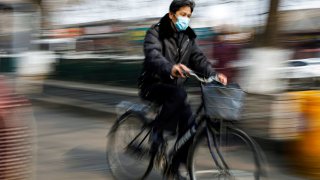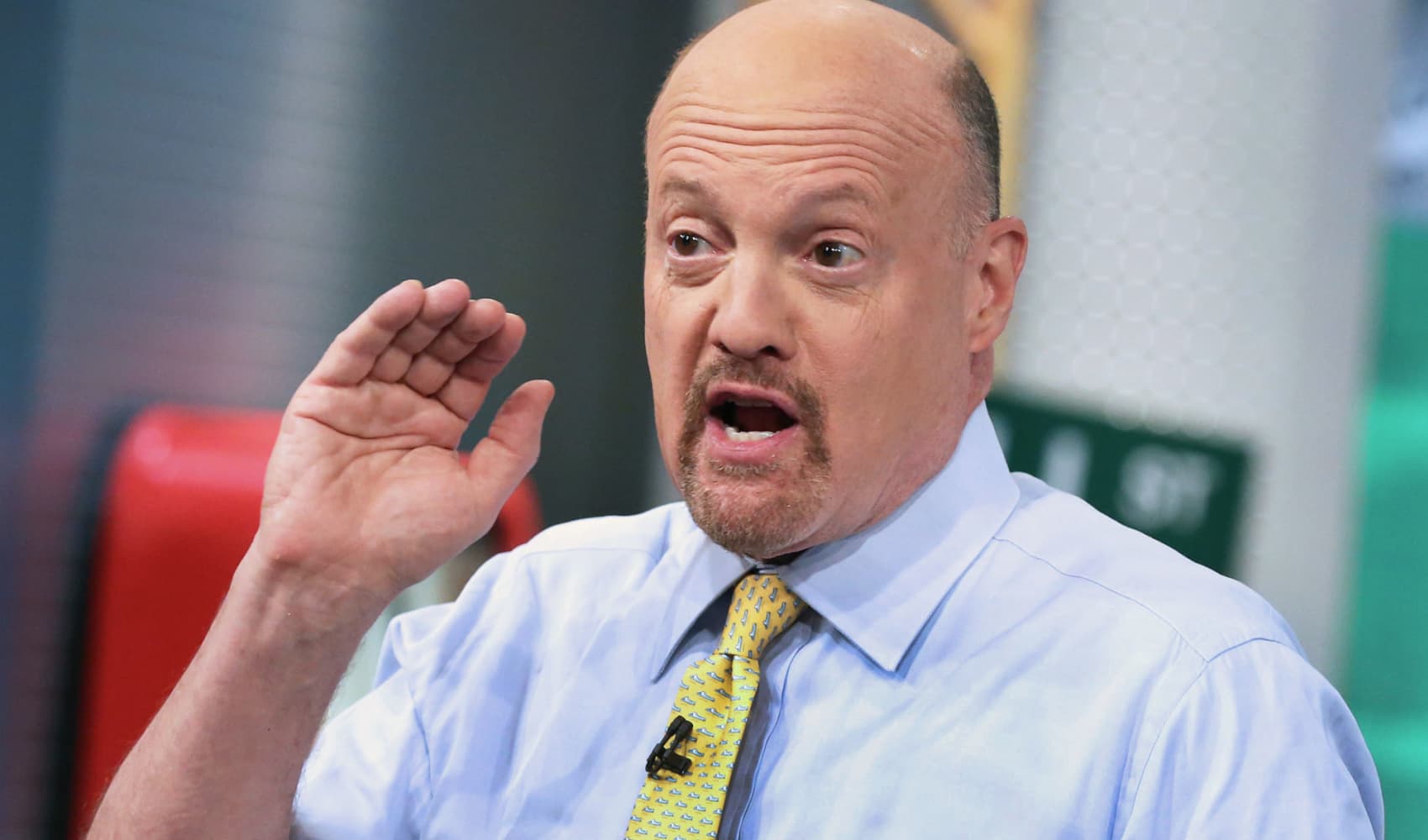
- China's top executive body, the State Council, announced late Tuesday that small and micro-sized enterprises can defer loan repayments past the first quarter of next year as needed.
- Banks lending to these small businesses with government help for 40% of such loans can now keep that support beyond the end of this year as appropriate, according to a government statement.
- These smallest businesses have been disproportionately affected by the coronavirus pandemic, said Liu Xiangdong, deputy director of the economic research department at the Beijing-based China Center for International Economic Exchanges.
BEIJING — China is extending support measures for the country's smallest businesses, a signal that full economic recovery from the shock of the coronavirus pandemic still faces many uncertainties.
The central government announced a slew of policies during the height of the outbreak domestically to support the economy, particularly loans for privately owned, smaller businesses. These entities contribute to the majority of growth and jobs in China, but often find it harder than state-owned enterprises to get loans from banks, which are primarily state-owned as well.
China's top executive body, the State Council, announced late Tuesday that small and micro-sized enterprises can defer loan repayments past the first quarter of next year as needed. Banks lending to these small businesses with government help for 40% of such loans can now keep that support beyond the end of this year as appropriate, according to a government statement.
"Right now the economy is gradually returning to normal, but more support is still needed (given) small and micro-sized enterprises' production and operations face unique challenges," the statement said, according to a CNBC translation of the Chinese text. Authorities noted past policies already helped more than 3.1 million small businesses.
The fact the government has to put out these policies indicates there are still challenges within the economy, said Nicholas Zhu, vice president and senior credit officer at Moody's Investor Service.
Money Report
After Covid-19 emerged late last year in the Chinese city of Wuhan, authorities shut down more than half of the country in February in an effort to control the outbreak. GDP contracted by 6.8% in the first quarter, before returning to growth in the second.
China's gross domestic product grew 0.7% for the first three quarters of the year, putting the country on pace to be the only major economy to expand this year in the wake of the pandemic.
The official, although highly doubted, urban unemployment rate fell to 5.2% in November, in line with that of the same period a year ago.
This year, China hasn't experienced large-scale bankruptcies and most people have stayed employed, pointed out Liu Xiangdong, deputy director of the economic research department at the Beijing-based China Center for International Economic Exchanges.
"But for small, medium and micro-sized enterprises, uncertainties still exist. If the economy takes a turn, they won't be able to hold up," Liu said, according to a CNBC translation of his Mandarin-language remarks.
He noted the smallest businesses are in the services industry, which has taken longer to recover from the pandemic.
Sporadic cases in various cities since the broader halt of the domestic outbreak in March have prompted mass testing or occasional renewal of restrictions on business activities, mostly related to consumers and services. Many people are spending less amid uncertainty about income. As of the end of November, retail sales were still down 4.8% from a year ago.
More risks for Chinese banks
The question, analysts said, is when authorities should appropriately remove economic support, especially given the persistent spread of the coronavirus in the U.S., U.K. and Europe.
Last week, at an annual meeting for determining the upcoming year's development priorities, Chinese leaders were generally optimistic, while noting the economic recovery was not fully intact, and that there would be no sudden change in support.
Government policy this year has helped, although not dramatically, Zhu said. The overwhelming majority of small businesses did not take advantage of deferred repayment policies, he said, citing Moody's conversations with banks.
However, such increased involvement with smaller, typically riskier, businesses means Moody's has a negative outlook on Chinese banks, given the risk of default and the high level of new bad, or non-performing, loans.






